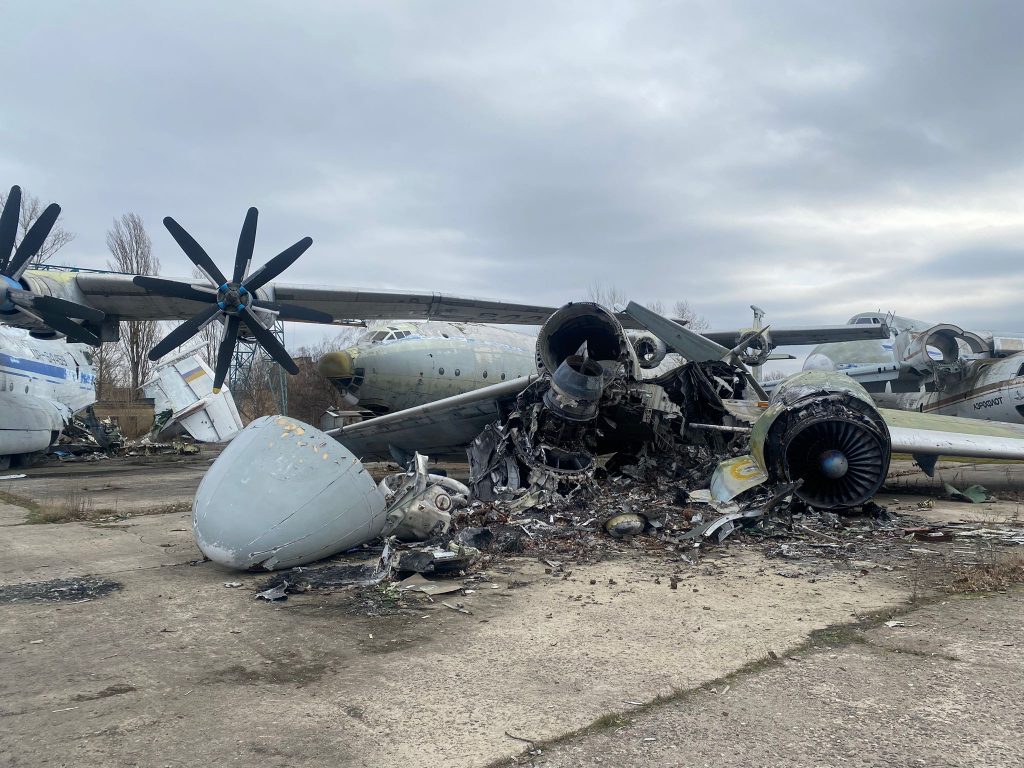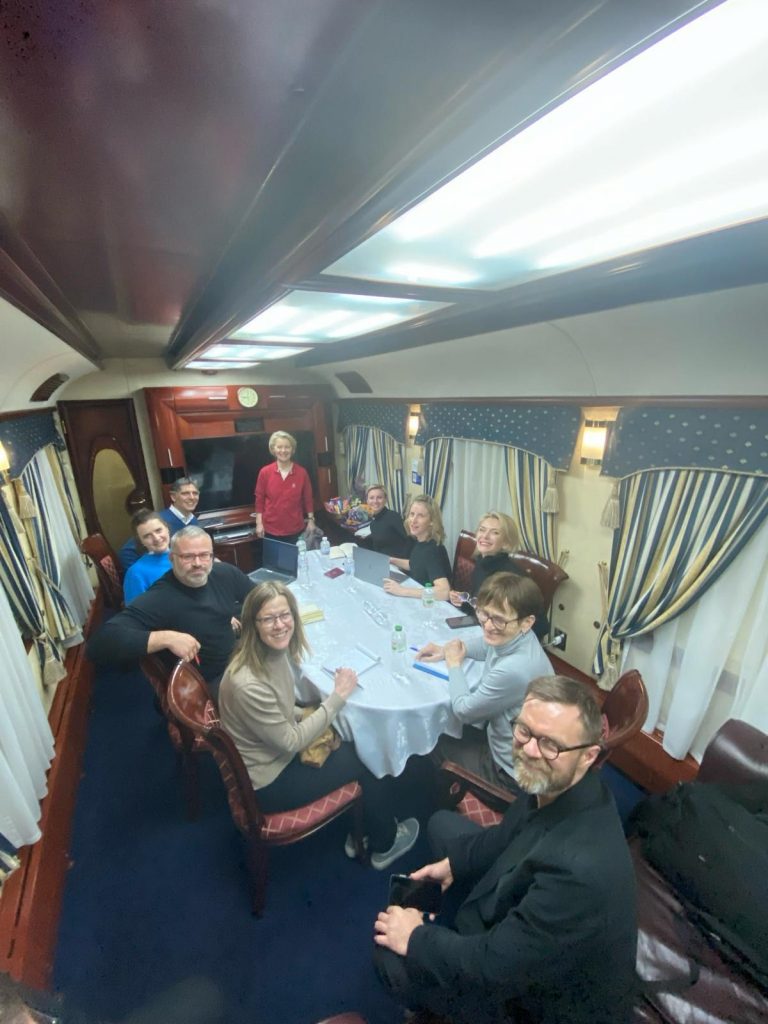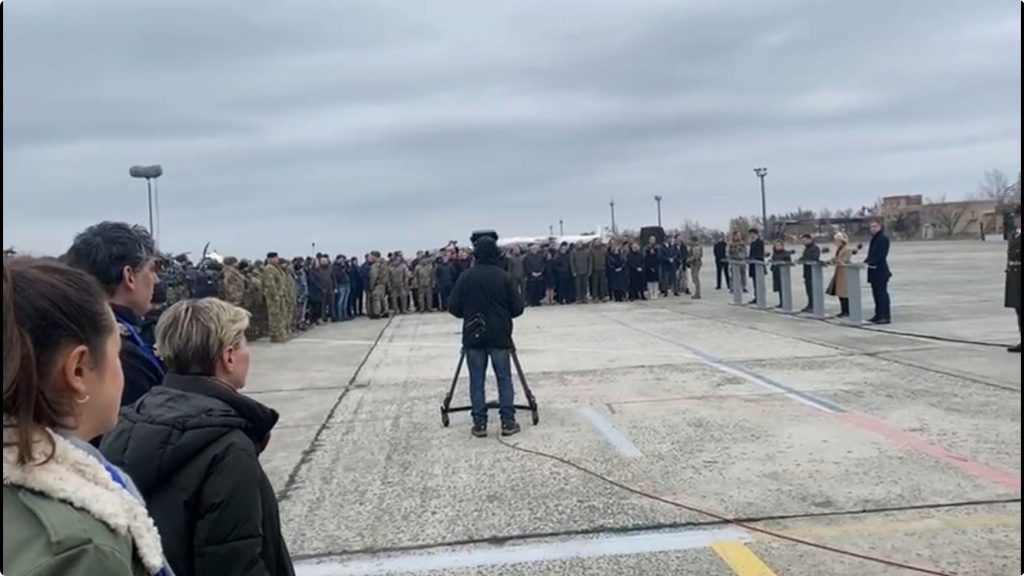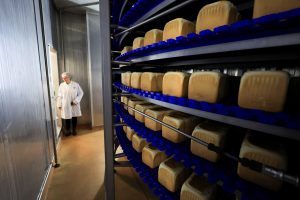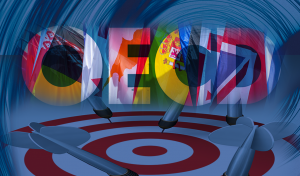The dawn of February 23 found the group of eight correspondents who were to accompany the President of the Commission, Ursula von der Leyen, to Kiev looking for Brussels’ military airport. Not a soul in sight. By the time we boarded the aircraft of the Belgian Prime Minister, Alexander De Croo, with whom we would be traveling, we had already spent two hours with our journalists’ hats off, essentially getting to know each other, even though this was a business trip we were going on, and a historic one at that.
It was not long before Ursula von der Leyen arrived to greet the journalists, accompanied by the Commission’s chief spokesperson, Eric Mamer. She wanted to know what country everyone was from, and our interaction was very different from what we were used to at press conferences, with her up on the podium. But we were going to be spending almost 48 hours together on this trip. First stop Warsaw, where she and Alexander De Croo met with Prime Minister Donald Tusk. After their meeting, we were transported to the Polish border to catch the train that would take us to Kiev for the second anniversary of Russia’s invasion of Ukraine.
Night had already fallen when we departed, and we were soon called in for the customary briefing, led by the Commission President. Tireless and engaging, she preferred to speak to us standing up and was happy to answer all our questions, both journalistic and not, without evasions. As she spoke to us, naturally and free of officialese and any fear of journalists, it was clear that this was an experienced politician we had before us. Approachable and with a smile on her face, despite the packed schedule awaiting her in Ukraine. The journalists’ evening continued with chats in each others’ wagons-lits, until we fell asleep, waiting for the 11-hour journey to roll by and for the first images of Ukraine under black-out to appear.
There were few people on the streets, but it was Saturday after all, and very early in the morning. At the railway station, everything was taken care of with great rapidity and efficiency. Which makes perfect sense, given that four Western leaders had arrived on the same train to issue a message of unity from Ukrainian soil and dash any hopes Vladimir Putin may have had of a split. The image of Ursula von der Leyen, Alexander De Croo, Georgia Meloni and Justin Trudeau accompanied by Volodymyr Zelensky arriving at Antonov airport, where it all began, and the scenes of utter devastation all around left no one unmoved. People familiar with the realities of life in Ukraine today explained to us that the locals try to give the impression they’re living normal lives, but they are not. No one knows what the next moment might bring. The sirens wail every two days or so. The mothers of boys approaching 18 are under particular strain; their sons will have to fight when they reach man’s estate and are only allowed to leave the country under certain conditions. The press conference wasn’t what anyone would call relaxed. Over an hour late starting, with time dragging badly in the absence of cell phones and computers, our long wait came to an end when a throng of journalists suddenly flooded the corridors of the gilded presidential palace, signifying it was time to take our seats. Coming out of the Mariinskyi Palace, there are checkpoints and soldiers everywhere. Plaques set in the pavement in the pedestrian area outside the Parliament building, the Rada, with the names of leaders who have helped Ukraine, keep catching my eye. As we journalists run off to our next meetings, the leaders head to the G7. Georgia Meloni, who will be presiding over the meeting, as it’s Italy’s turn as chair, keeps glancing at her cell phone and at the time. The train is waiting to take us back, and the Italian Prime Minister is the last one back at the station. Back in our carriage, a railway employee was there for us again, charged with taking care of us, with providing us with food and whatever else we wanted along the way, which he did with aplomb, despite our having no common tongue in which to communicate.
The Commission President placed herself at the journalists’ disposal once more. On her feet, with the same genuine smile on her face, still unconstrained by party lines and political facades. And this isn’t the only time she has set her role to one side. Anyone who has seen her interact with young people and children will understand. It’s like she visibly focuses all her attention on the young person before herm and for as long as her busy schedule permits. It may not be a coincidence that, as well as being the Iron Lady of the EU, she is also the mother of seven and grandmother to three. Fourteen hours later, we are back in Brussels. Leaving Kiev behind, with how this war will end still anyone’s guess.

